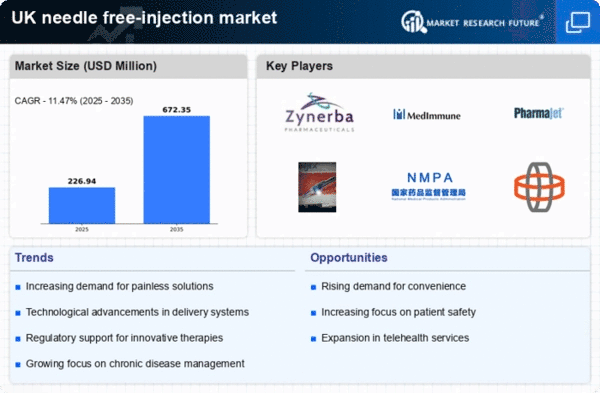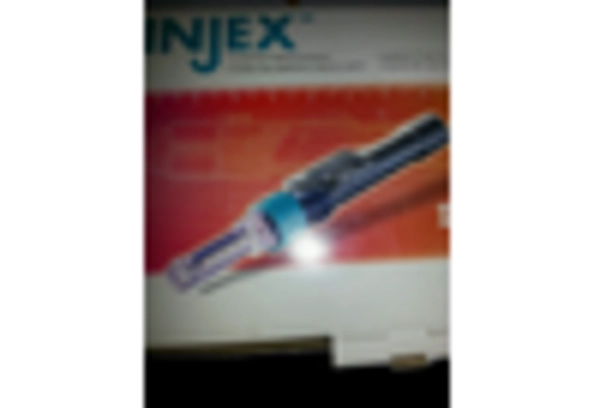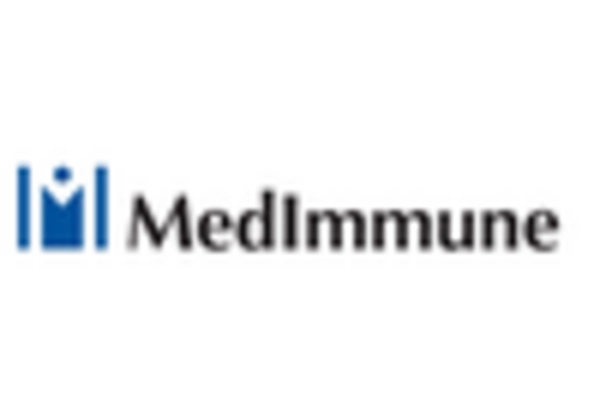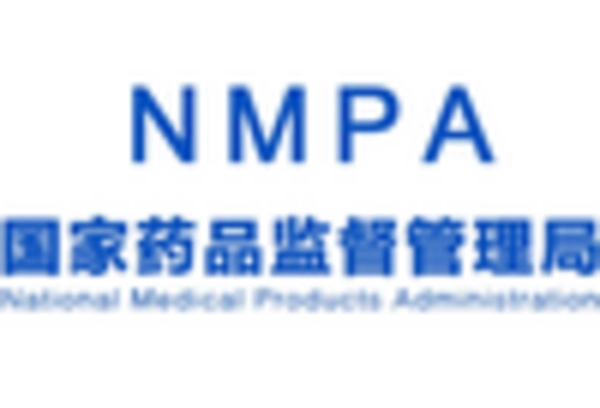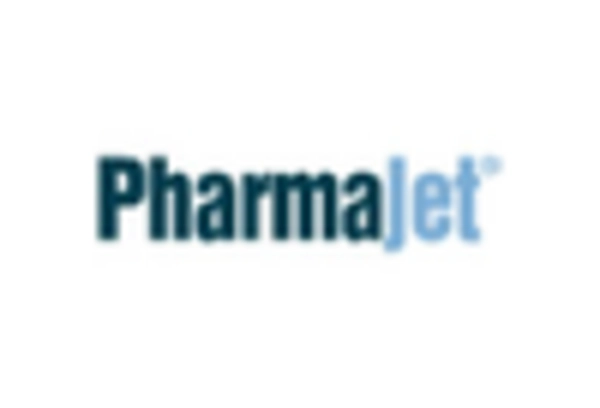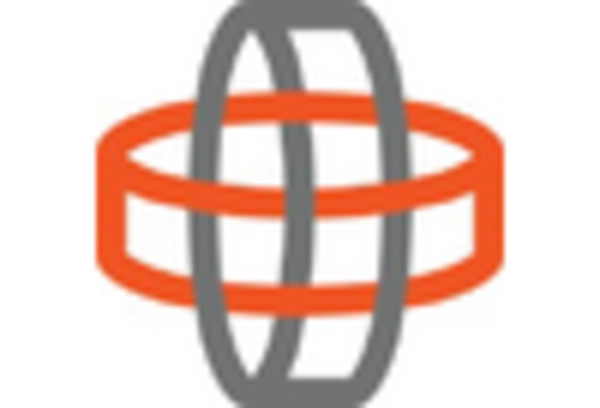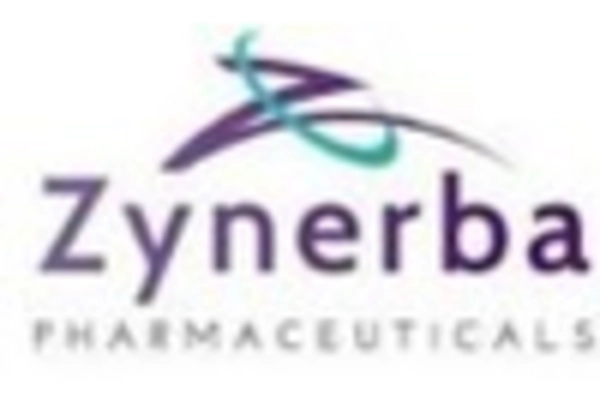Rising Healthcare Costs
The increasing financial burden on healthcare systems in the UK is driving the needle free-injection market. As traditional injection methods often incur higher costs due to the need for needles, syringes, and associated waste management, healthcare providers are seeking more cost-effective alternatives. Needle free-injection systems can reduce the overall expenditure related to injection procedures, potentially saving the NHS millions of £ annually. Furthermore, the needle free-injection market is expected to grow as hospitals and clinics aim to optimize their budgets while maintaining high standards of patient care. This shift towards cost efficiency is likely to encourage the adoption of innovative technologies that promise to deliver effective solutions without the complications associated with conventional methods.
Focus on Preventive Healthcare
The increasing focus on preventive healthcare in the UK is a key driver for the needle free-injection market. With a growing awareness of the importance of vaccinations and early disease detection, healthcare authorities are promoting initiatives that encourage immunization. Needle free-injection systems align with these initiatives by providing a more accessible and less painful method for vaccine administration. The UK government has allocated significant funding towards vaccination programs, with an estimated £500 million dedicated to enhancing immunization rates. This financial commitment is likely to bolster the needle free-injection market, as healthcare providers adopt these systems to meet the rising demand for preventive measures.
Patient Comfort and Compliance
The needle free-injection market is significantly influenced by the growing emphasis on patient comfort and compliance. Many patients experience anxiety or fear associated with needles, which can lead to avoidance of necessary treatments. Needle free-injection systems offer a less intimidating alternative, potentially increasing patient willingness to receive vaccinations and other treatments. Studies indicate that patient compliance can improve by up to 30% when using needle free technologies. This shift is particularly relevant in the context of chronic disease management, where regular injections are required. As healthcare providers prioritize patient-centric approaches, the adoption of needle free-injection systems is likely to rise, enhancing overall treatment adherence and satisfaction.
Environmental Sustainability Concerns
Concerns regarding environmental sustainability are increasingly influencing the needle free-injection market. Traditional injection methods generate substantial medical waste, including needles and syringes, which pose disposal challenges and environmental hazards. In contrast, needle free-injection systems significantly reduce waste, aligning with the UK's commitment to sustainability and reducing carbon footprints. The government has set ambitious targets to minimize medical waste, which could lead to a projected 20% increase in the adoption of needle free technologies over the next five years. As healthcare providers seek to comply with these environmental regulations, the needle free-injection market is likely to benefit from this shift towards greener practices.
Technological Innovations in Drug Delivery
Innovations in drug delivery systems are propelling the needle free-injection market forward. The development of advanced technologies, such as micro-jet injectors and powder-based delivery systems, is enhancing the efficacy and precision of drug administration. These innovations not only improve the delivery of vaccines but also facilitate the administration of biologics and other complex medications. The UK market is witnessing a surge in research and development activities aimed at refining these technologies, with investments reaching approximately £200 million in recent years. As these advancements continue to emerge, they are likely to reshape the landscape of the needle free-injection market, offering new opportunities for healthcare providers and patients alike.


